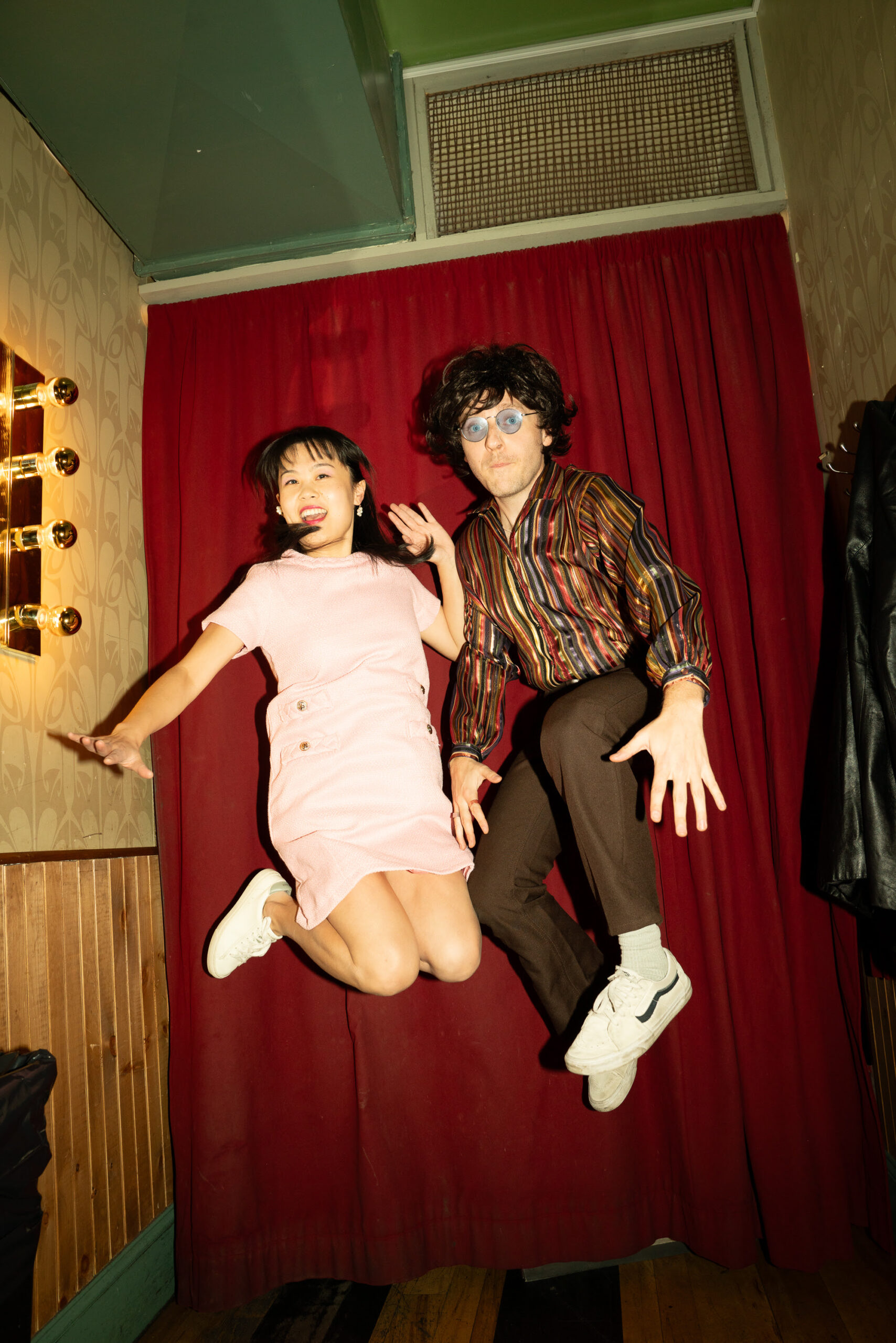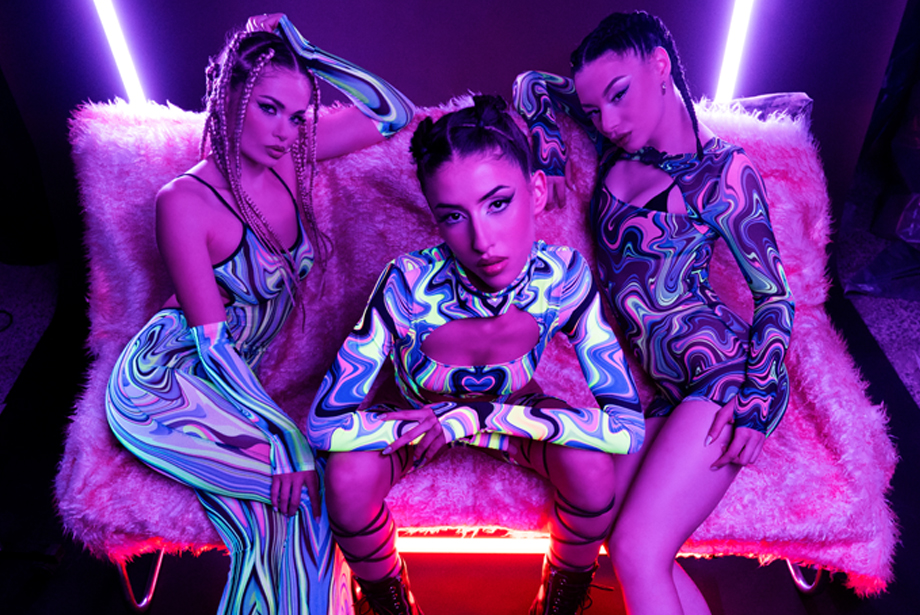
Lena Waithe’s "Them"
via Amazon Prime
Lena Waithe’s highly anticipated drama series Them premiered on Amazon Prime last week — and was immediately met with criticisms that its depictions of racism vicariously exploited Black trauma.
The limited series is an anthology which promises to be the next American Horror Story. This season, Covenant, follows a 1950s Black family who move to LA during the Great Migration and are subjected to racism and violence by their white neighbors. Judging by its early trailers and advertisements, the show promised to redefine domestic terrorism and give it a new face, exposing just how deep racism is entrenched even in cities like LA.
The mind behind The Chi, Twenties, and the critically acclaimed Queen & Slim, Lena Waithe had been promoting Them on Instagram for weeks using compelling clips and posters in the style of ’50s home ads.
The show boasts a stellar cast, and with the help of gorgeous visuals and a chill-inducing trailer, the show premiered on April 9th to much excitement. Fans of Lena Waithe and co-creator Little Marvin tuned in to a show which promised to tell an underrepresented story and showcase the lives of Black people in interesting and imaginative ways.
THEM – Official Trailer | Prime Videowww.youtube.com
After all, the show is part of an emerging genre of Black horror, which includes Jordan Peele’s Get Out and Us, as well as HBO’s fantasy/horror series Lovecraft Country. These iterations of the genre have played on common tropes in horror and in Black representation to subvert audience expectations and present new narratives.
However, Them does not do the same work of subversion as those other plays on Black horror. Instead, Them depicts violence with no payoff, seemingly for the vicarious thrills of the white gaze.
The series is replete with awfully upsetting imagery, which runs the gamut from bloody gore to s*xual assault. Each episode seems to one-up the last in terms of shock-inducing violence, while offering little context to ground the horror in societal behaviors rather than isolated evils.
In an interview for Variety, critic Sonia Saraiya describes some of the more upsetting scenes and her process of trying to come to terms with them, saying: “From a dramatic perspective, I felt frustrated that despite a lot of bodily harm, I didn’t have a read on the main characters. There was no dramatic tension.”
In an attempt to balance the suspense and drama of the genre with depictions of segregation, corruption, and financial exploitation, Them sacrifices storyline, artistry, and closure for dialed-up racial violence that culminates in nothing much but empty spectacle.
“Nothing really happens in the show except for racist aggression,” Saraiya continues, illuminating the main fault of the show.
Instead of using racial tension to highlight the realities of being Black and facing the discrimination that was and remains rampant, Them asserts that Black life is just a series of violent traumas and suffering. The one-note tastelessness of the drama plays into the idea that Black people are defined by their pain.
In an attempt to represent and dramatize a specific experience, Lena Waithe and Little Marvin give voice to a white supremacist ideal, but they call it representation because it is played out by a Black cast and created by Black people. Yet, the gaze is defined by whiteness.
In an interview for Vogue, Waithe addressed backlash she’s received for her previous projects. “If we act as though we don’t have flaws, that’s like saying we aren’t human… All of us who are pro-Black, pro-brown, pro-queer also need to be pro our scars, pro our complexities,” she said.
“Trauma is a thing that happens to us and is something we can’t blame ourselves for. While this idea of not wanting to display trauma in our entertainment is understandable, it’s just not sustainable,” she continued. “All movies can’t be nice or happy. Some of our most important pieces of art deal with our deepest pain. I want to write about what keeps me up at night.”
However, Them keeps us up at night for the wrong reasons. It’s a barrage of brutality that offers no hope, no path for healing, and, in Waithe’s own words, no “complexity.”
The characters are tropes, and the show is ridden with cliches from the moment the family steps onto the neighborhood and the white Stepford wife-type character says, “This is how it begins. How it changes. With one family.”
The lack of nuance and the horrific sequences just remind us how we are seen — even by the people who look like us: as vehicles for violence.
Though Lena Waithe has created stories of complexity that do offer more than just repeated versions of the same destructive ideas, Them is not one. It plays into Hollywood’s obsession with Black suffering, which is a long-enforced tradition.
White producers and studio executives are willing to put money into projects they understand and know will do well — and since they have a formula for producing movies about pain, that’s what gets made. Them is not an advancement, but rather a reminder that just because Hollywood productions are supposedly made by Black people, they aren’t necessarily made for Black people in any meaningful way.














